Rehab can cost around $20K for a one month residential program. However, outpatient programs can be 2-3 times less expen ...
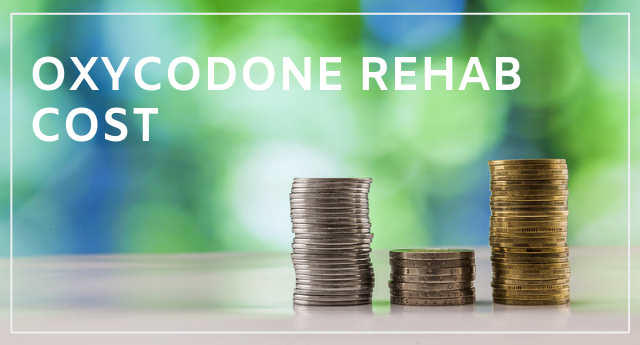

Evidence-based descriptions of the most popular Rx drugs and their effects. The full spectrum of prescription drug use from habit to addiction.
Why do people use oxycodone? Is it addictive? Everything you need to know about oxycodone is listed here:
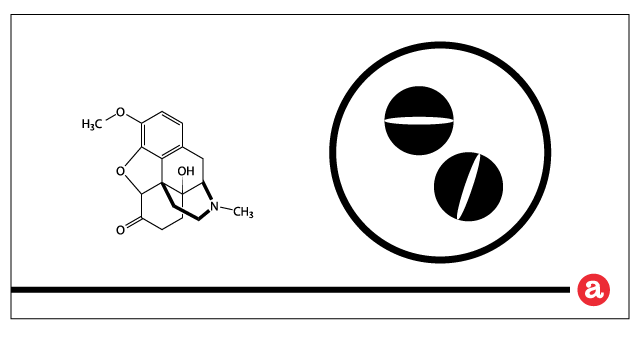
Rehab can cost around $20K for a one month residential program. However, outpatient programs can be 2-3 times less expen ...

A look at the main services provided in treatment from OxyContin addiction. Find out what awaits you during and after a ...

An explanation of the difference between physical dependence and addiction to oxycodone. Learn how to identify and treat ...
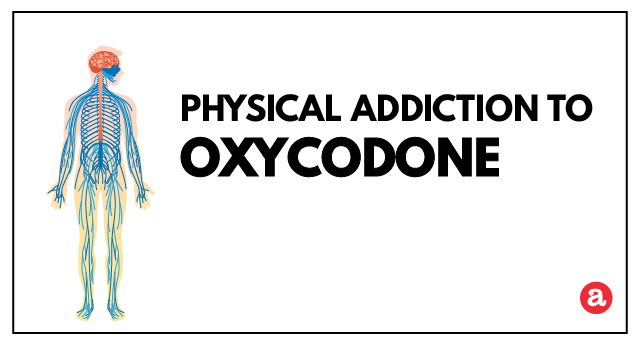
You can help and oxycodone addict only when they is ready and willing to make a change in their life. Learn about the av ...
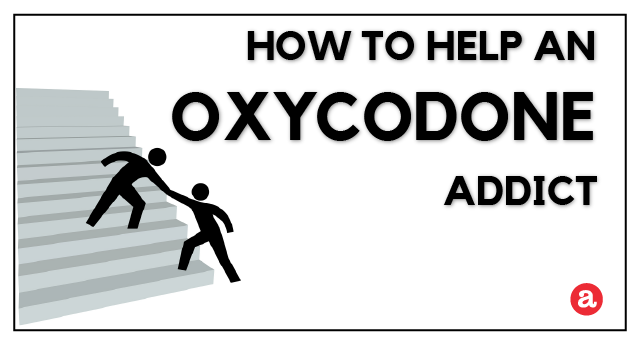
Oxycodone is an extremely habit forming painkiller. Learn how you can recognize oxycodone addiction and what you can do ...
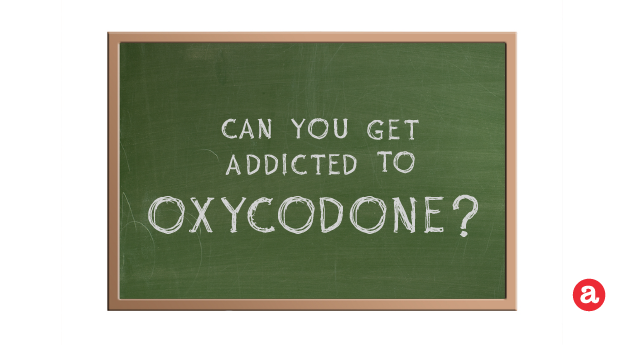
How can opioid or opiate dependence be treated with a prescription for another opioid? More here. ...
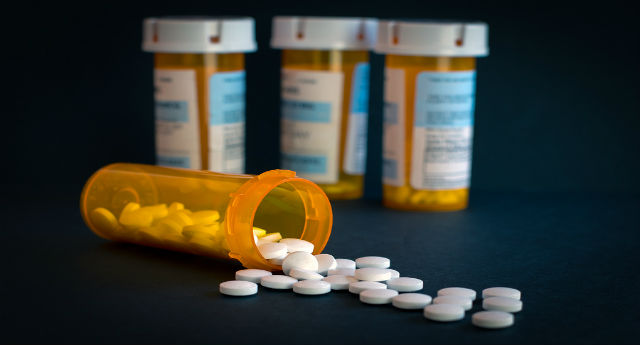
Oxycodone can be addictive! In this article we summarize the duration of oxycodone rehabilitation treatment and what oxy ...
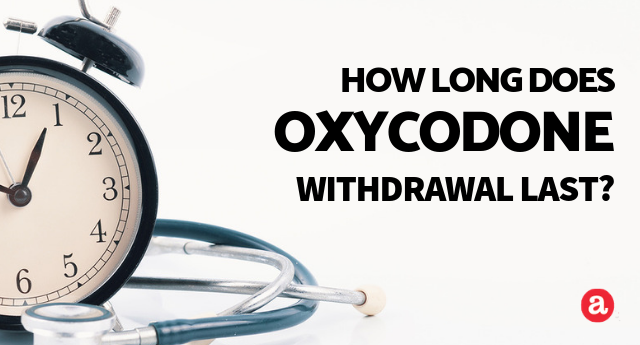
Addiction can be identified via three (3) main characteristics of use: cravings, loss of control, and continued use desp ...
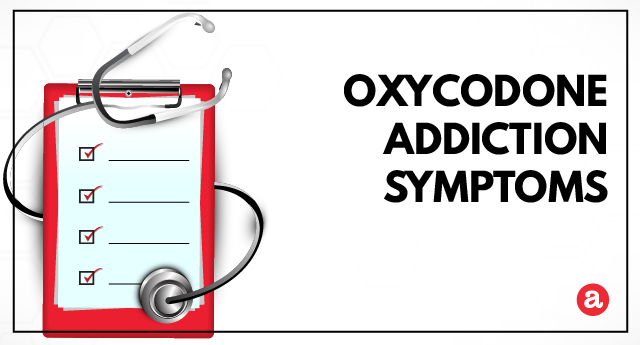
Oxycodone is an opiate used to relieve moderate to severe pain. It works by changing the way the brain and nervous syste ...
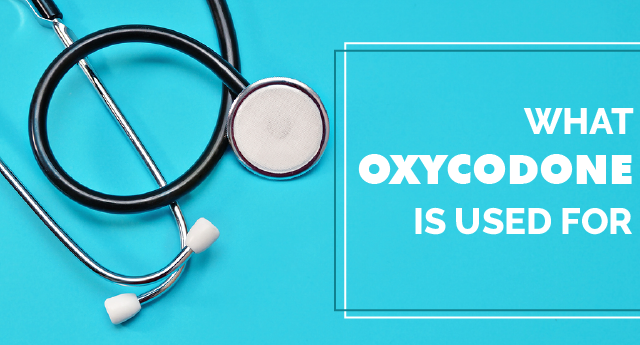
OxyContin contains oxycodone, but includes a time-release mechanism so that the pain-killing effect lasts longer (meanin ...
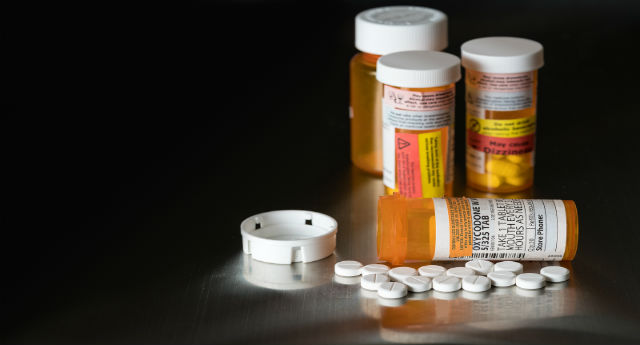
HOW OUR HELP LINE WORKS
For those seeking addiction treatment for themselves or a loved one, the Addictionblog.org helpline is a private and
convenient solution.
Calls to any general helpline (non-facility specific 1-8XX numbers) for your visit will be answered by
American Addiction Centers (AAC).
Caring admissions consultants are standing by 24/7 to discuss your treatment options. These representatives work
solely for AAC and will discuss whether an AAC facility may be an option for you.
Our helpline is offered at no cost to you and with no obligation to enter into treatment. Neither Addictionblog.org
nor AAC receives any commission or other fee that is dependent upon which treatment provider a visitor may
ultimately choose.
For more information on AAC’s commitment to ethical marketing and treatment practices, or to learn more about how to
select a treatment provider, visit our About AAC.
If you wish to explore additional treatment options or connect with a specific rehab center, you can browse top-rated listings, visit our homepage and browse by state, or visit SAMHSA.
Comments